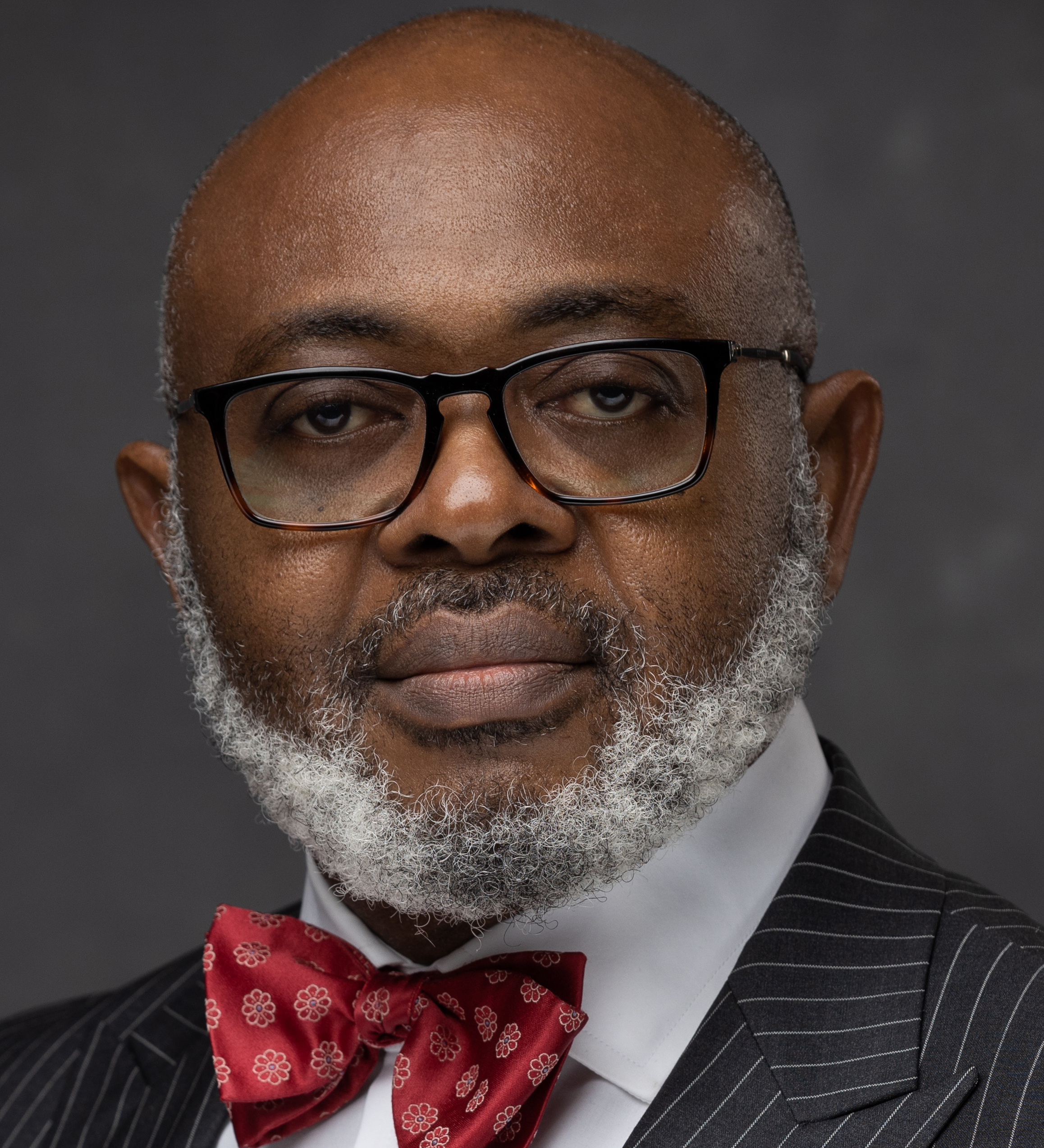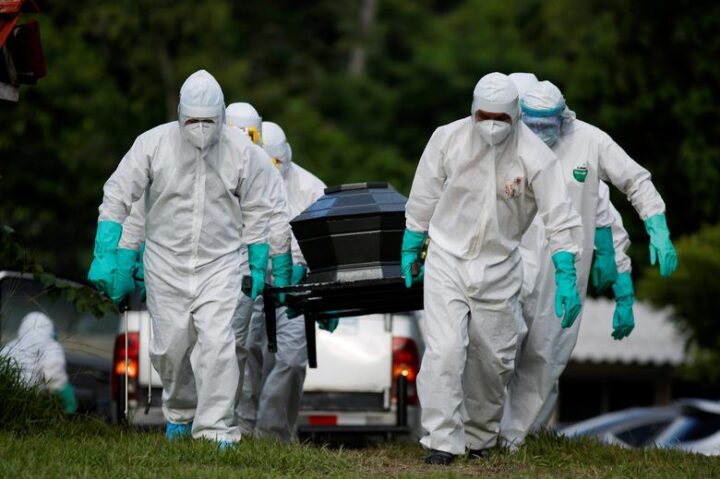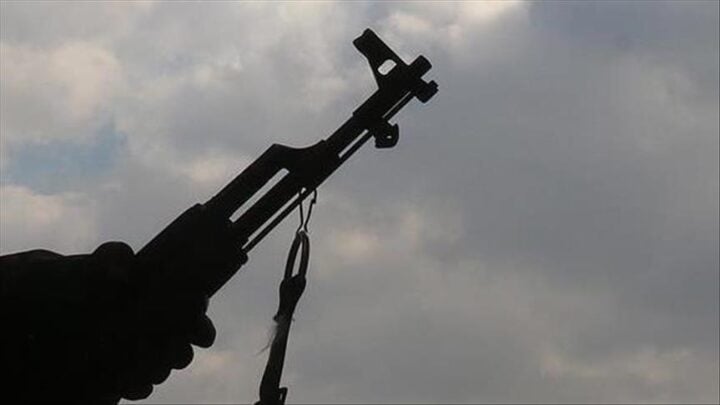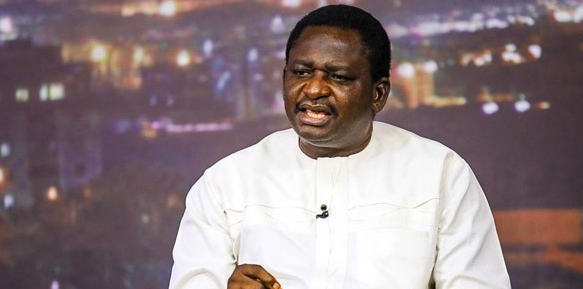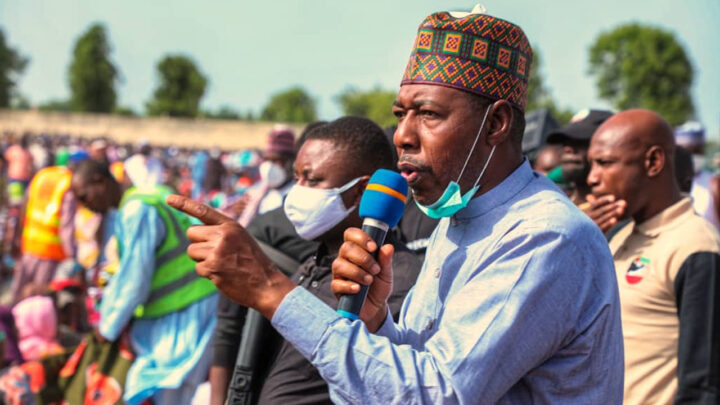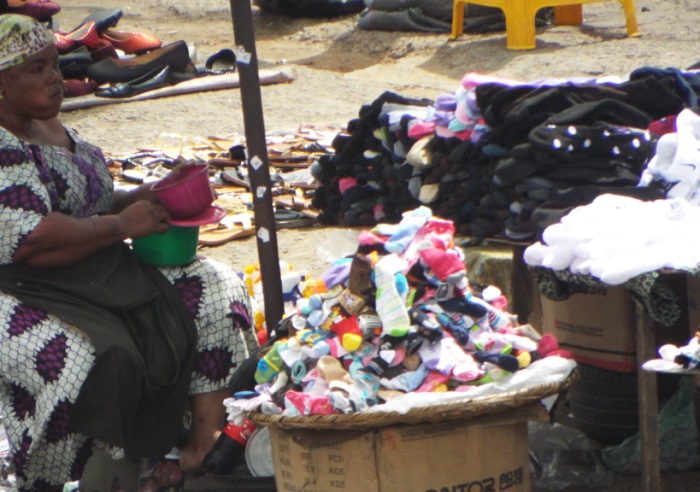As I made my way out of the Ikeja Military Cantonment, Lagos, on Wednesday, March 17, 2021, after taking the Oxford AstraZeneca Covid-19 vaccine, I took a quick mental journey through all that has happened to our lives and livelihoods over the last year or so due to the pandemic. It will be an understatement to describe the devastation the Coronavirus has caused globally as monumental, but that would most certainly be for a lack of an ability to find a better word.
Talking about lives, the global fatality as of March 27, 2021, stands at a shocking 2.8 million led by the United States (562,013), Brazil (310,694), Mexico (201,429), India (161,586), UK (126,573 and Italy (107,636). Nigeria and other African countries have been miraculously brought to the rear with South Africa topping the ghastly chart with 52,648 fatalities, Egypt (11,845), Morocco (8,798), Tunisia (8,705), Libya (2,618), Nigeria (2041), and Ghana (740). The juror is still out on why Africa is experiencing both low infection and fatality rates even as experts express concerns about inaccurate reporting and low levels of testing across the continent. Yet, with a total of 115,015 deaths, the continent has lost quite a few fathers, mothers, brothers, sisters, relatives, friends and associates. The effect of these losses on families across the world has been staggering, to put it mildly.
Like lives, like livelihoods. It has been a rout. The cost of the pandemic on the global economy is incalculable. At the individual level, several millions of people have lost their jobs leading to loss of good Feeding, Medicare, Insurance and even Mortgages, as the case may be. Of course, their losses have had a knock-on effect on the quality of life of their dependents. Statistically, the world has become poorer, much poorer in 2021 than it was in 2019, the year before the Coronavirus was declared a pandemic by the World Health Organization (WHO). Many businesses, especially Small and Medium Enterprises (SMEs), have been obliterated. Aside from the banking, ICT, and E-Commerce, and Logistics industries, the others took severe hits. The global travel and tourism industry appears the worst hit. Alas, not even the funeral industry was spared, in spite of the high death toll, ostensibly due to the strict guidelines for funerals.
One thing is certain: it will take a lot of time and talent to get the world back to normal. The new normal isn’t going anywhere soon because the virus is not yet abating even as the world is cautiously celebrating the discovery of the various vaccines and the on-going effort to vaccinate the world. People are still dying in their thousands daily. Most businesses are yet to re-open and not many are able to work from home just as most schools are still shut with little or no joy from online schooling. Sadly, the world will have to wait till probably the fourth quarter of 2021 or the first quarter of 2022 to start seeing a semblance of normalcy.
Advertisement
But thank God for ICT! The world seems to be experiencing a semblance of economic activities. In the face of the sometimes controversial lockdowns and travel restrictions, ICT has come to the rescue. The world has literally relied on radio and television, mobile telecommunications, and the internet to carry on. Without their enablement, the world would have been worse off than it probably was during the Spanish Flu or Influenza of 1918-1920. E-commerce and online banking have become a default mode for a world still struggling for financial inclusion and internet penetration. The Social Media simply connected the people of the world into the real global village for good and for bad complete with fake news and all.
Yeah, the world will never be the same again any which way you look at it. We shall be wearing the masks for a long time, washing our hands frequently, and watching our distances. And we shall be working from home for much longer, if not in perpetuity for some. I would personally prefer working from home and only going into the office when absolutely necessary. I would also only travel when it is absolutely necessary. After all, haven’t we all realised that most of the travels we undertook pre-pandemic era were non-essential? There is not much we can no longer discuss via Zoom (a euphemism for online meetings). Nigerian banks are realising they will no longer need so much real estate outside of the internet soon with growing awareness for and participation in online banking and e-commerce. The clock is ticking, fast.
Perhaps, the impact would have been less without the politicisation of the pandemic by some world leaders like former US President Donald Trump, UK Prime Minister, Boris Johnson (until he was hit by the virus), the Brazilian President Jair Bolsonaro (even after he suffered from Covid-19), etc, etc. The body language of some of these political leaders and some religious leaders sent out conflicting signals about the virus thereby planting doubts in billions of minds. To date, the Conspiracy Theorists are still at work questioning the existence of the virus and ascribing other motives to the pandemic. The doubts and conspiracies have quite naturally been transferred to the vaccines.
Advertisement
The world is at crossroads as it deals with the health challenge posed by the coronavirus and the economic devastation it has brought with it. One good thing though is that the world recognises the two problems. So, world leaders must be focused on how to control the infections, treat the infected, slow the death rate and ultimately stop the spread. They must borrow a leaf or two from Lagos State, Nigeria whose Covid-19 management strategy, “Trace, Test and Treat” worked like magic. In the circumstance, it will now be “Trace, Test, Treat-Vaccinate”. The US President Joe Biden broke his own non-existent record by vaccinating 100m Americans in 58 days — a clear 42 days ahead of the “100m in 100 days”. That is the way to go.
Economically, the whole world will surely do with some palliatives or reliefs. The strong will have to support the weak-and I mean stronger economies helping the weaker ones. This is time for multilateralism. The global financial and health institutions have their jobs clearly cut out for them. Locally, governments must strengthen their healthcare and social security systems. Nigeria must take an honest look at both. What if the twin miracles of low infection and low death rates didn’t happen? Perhaps, only God would have saved us, as he’s always done. I reckon God is already helping with our economy which was already tottering even before the pandemic gave a knockout blow. We have unfortunately gone up on the global poverty index. The quest by the rich to help the poor in our society is no longer sustainable as everyone is feeling the pinch. The states and Federal Government should show more creativity and emotional intelligence in spending public funds and fixing our broken-down health infrastructure (to cope with this and future epidemics and pandemics).
By the way, I remember I was in Ghana that fateful Friday, February 27, 2020, when Nigeria’s Covid-19 index case was confirmed in Lagos. I remember the apprehension at both Murtala Mohammed International Airport, Lagos, and Kotoka International Airport, Accra. I remember the drama in Lagos when Bashorun Dele Momodu, Publisher of Ovation, arrived to board the Accra-bound flight wearing a nose mask and surgical gloves. I also remember receiving a call from Ijeoma Nwogwugwu, the Managing Director of Arise TV, upon settling down in my hotel in Accra that morning, asking to send reporters to my office in Banana Island, Ikoyi to monitor a facility where the index case, an Italian national, purportedly was working. It turned out to be Fake News-and the start of a flurry of Fake News, rumours, and conspiracy theories about Covid-19.
Indeed, it’s been a battle for lives and livelihoods, a battle against covid-19 and Covidiots and a battle against Fake News, rumours, conspiracy theories and Novaxers. Aluta Continua!
Advertisement
Emeka Oparah, vice-president Corporate Communications & CSR, Airtel Nigeria, writes from Lagos
